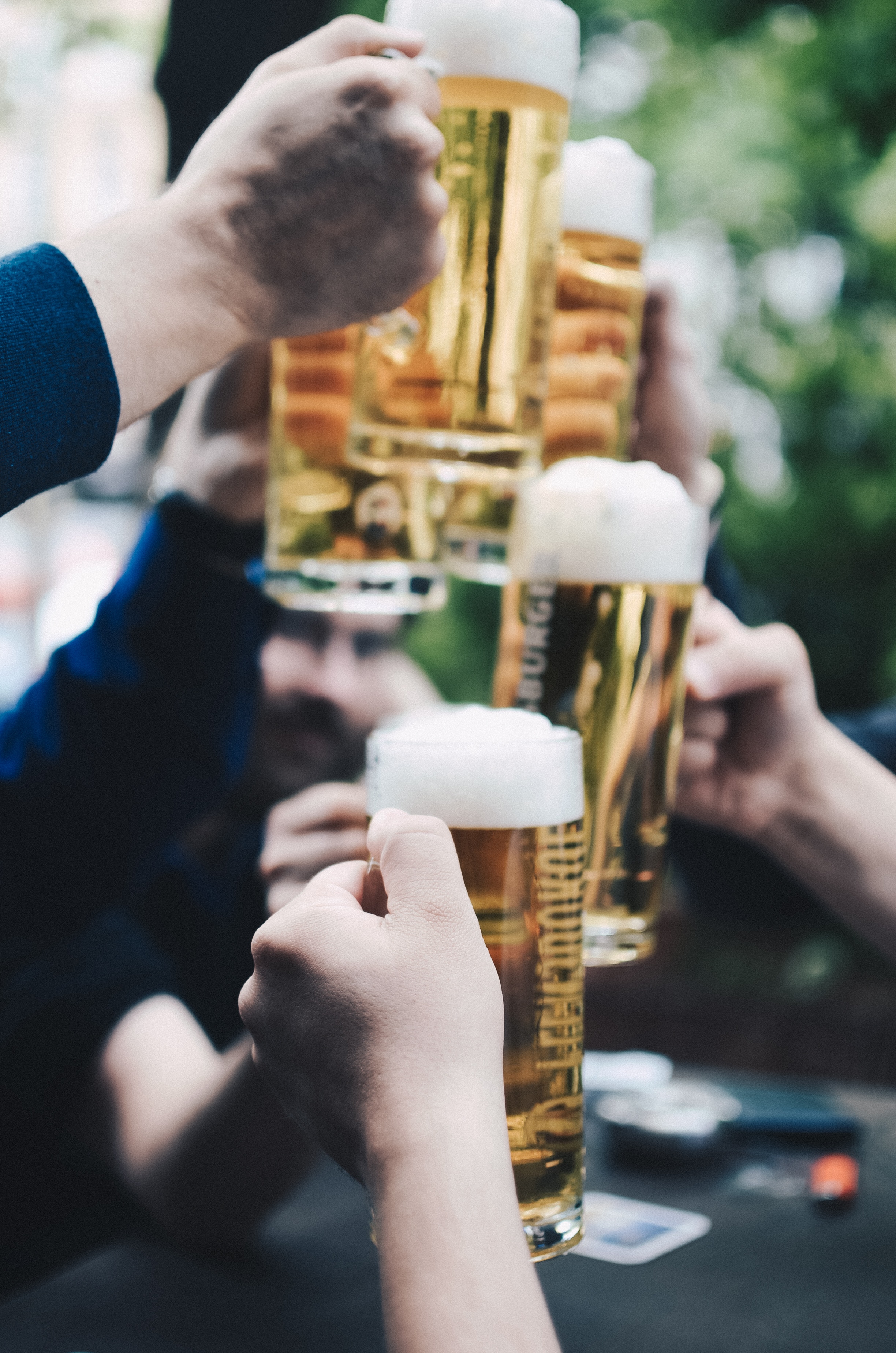Start-up releases the world's first GMO probiotic
The company claims the probiotic supplement can cure hangovers, but evidence in humans is lacking
August 2019 saw the launch of the world’s first genetically modified probiotic food supplement. The San Francisco-based biotech start-up ZBiotics is selling 15 ml vials of engineered bacteria - a shot of liquid tech designed to prevent hangover. The vials ($36 for a 3 pack) contain cells of Bacillus subtilis engineered to produce an enzyme called acetaldehyde dehydrogenase. Acetaldehyde is an intermediate in alcohol metabolism in humans and it is toxic. There is some debate as to whether acetaldehyde really contributes to hangover headaches, but it does play a big part in the alcohol flushing response (when the face, neck, and chest become warm and red after drinking alcohol)

Avoid future hangovers! (Maybe)
Photo by Quentin Dr on Unsplash
The engineered bacteria are really good at breaking down acetaldehyde in the lab – but there is no published evidence yet that this does any good in humans. So how is ZBiotics able to sell their product already? Marketing the cultures as a food supplement rather than as a drug allowed the company – founded in 2016 – to move very fast and begin commercial sales before proving efficacy in humans. They are conducting safety trials in animals and hope to conduct human trials in the near future.
The company hopes that they will next be able to develop similar products to help those suffering from lactose intolerance , but this first product is aimed at people who wish to maintain a healthy lifestyle but still over-indulge a little on the weekends. Hangover prevention may seem a frivolous choice for the world’s first GMO probiotic, but it could do a lot of good for the public perception of genetic modification. Keeping the focus on consumer benefit, instead of corporate profit as in many crops engineered to be pest- or herbicide-resistant, may result in people being more willing to engage with GMOs as part of their lifestyle. As co-founder Zack Abbott has said, “Take this product today, and if you feel better tomorrow, then you’ve had a positive experience with genetic engineering.”





















